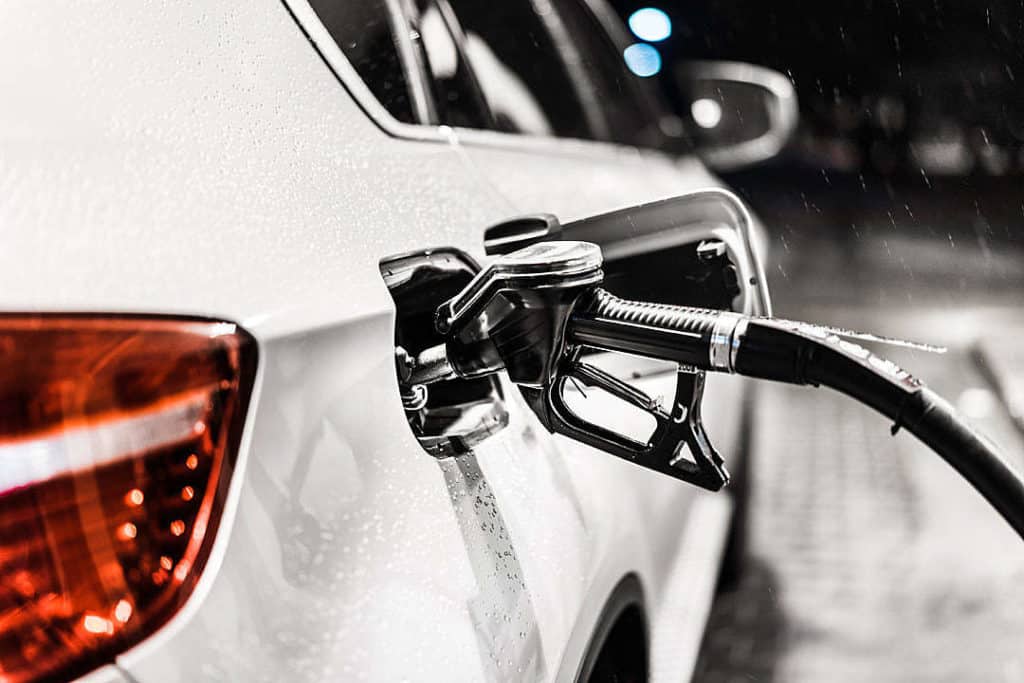Enabling fuel marketers to demonstrate fuel performance differentiation to competitors
One point of confusion over fuel additives comes from there being an incredibly vast range of products available on the market today.
We’ve listed below our most popular fuel additive packages and their benefits.

Types of Fuel Additives
Corrosion Inhibitors – with widespread approvals for gasoline and distillate fuels, including biofuels and aviation fuel. Excellent corrosion protection, minimizes formation of corrosion products, compatible with conventional gasoline additives, contributes to longer equipment life.
CFPP (Cold Filter Plugging Point) – specifically address problems that occur with cold temperatures by modifying wax crystal size, shapes, agglomeration and dispercancy at low temperatures.
PPD (Pour Point Depressant) – specifically address problems that occur with cold temperatures by modifying wax crystal size, shapes, agglomeration and dispercancy at low temperatures.
WASA (Wax Anti Settling Agent) – specifically address problems that occur with cold temperatures by modifying wax crystal size, shapes, agglomeration and dispercancy at low temperatures.
Antioxidants & Stability Additives Enhance stability, improve performance and extend storage life of fuel.
Diesel & Gasoline Additive – Corrosion protection, demulsibility, excellent intake valve protection, improved power and acceleration.
Cetane Improver – raise the cetane number and meet fuel specifications of both diesel and bio-diesel fuels.
Octane Booster – Organometallic and organic octane improvers. Efficient anti-knock performance, provides refineries the flexibility in meeting octane requirements and enables them to control and reduce refinery emissions.
Heating Oil Additive – Corrosion protection, reduced maintenance costs, extended boiler life, less soot formation, reduction in pump failures, decreased running costs, improved operability performance.
Our Fuel Additive packages are tailored to meet our customer’s specific requirements.

